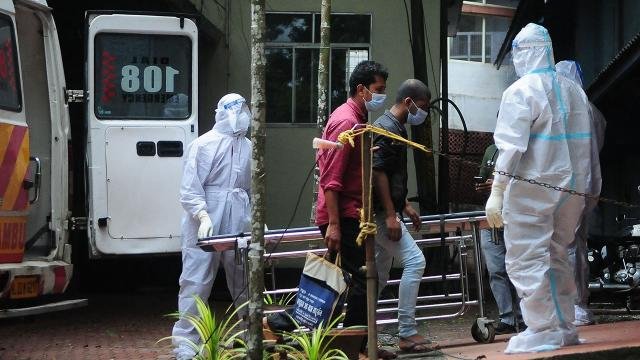What is deadly Nipah virus? Two people died as a result of the Nipah virus, a rare and frequently fatal disease that swept through Kerala, southern India, forcing authorities to close schools and conduct hundreds of tests to halt its spread.
The virus has been identified in Kerala’s Kozhikode district, according to Chief Minister Pinarayi Vijayan, who has urged residents to exercise caution and follow the health department’s safety guidelines.
Two people have died from the virus, he said in a statement Wednesday, the state’s fourth outbreak since 2018. “We should not be afraid, but face this situation with caution,” Vijayan wrote on social media.
Also read: Kerala medicine students seek special gear for Hijab norms during surgery
Let’s dive into further details about this rare yet deadly disease.
What is deadly Nipah virus?
The Nipah virus is a zoonotic disease, according to the World Health Organisation (WHO), which spreads from animals to humans. But it can also be transmitted directly between people or through contaminated food.
When pig farmers in Malaysia and Singapore started getting sick, researchers first learned about the Nipah virus in 1998. The virus can infect people when they come into contact with the bodily fluids of infected pigs and bats.
There have been a few cases of human-to-human transmission previously reported.
According to CNN, scientists are concerned that bats will eventually produce a modified strain of the virus that is highly contagious because Nipah is believed to have been present in flying foxes for a very long time.
Symptoms and treatment?
The virus, which has a 70% mortality rate, has no vaccines, but supportive care is typically used as a treatment.
The deadly virus’s symptoms, according to the US Centres for Disease Control and Prevention (CDC), include fever, respiratory distress, headaches, vomiting, encephalitis (a brain inflammation), and seizures, which in severe cases can result in coma.
According to CNN, the virus is one of the pathogens with epidemic potential on the WHO’s research and development list.
Veena George, Kerala’s health minister, stated on Wednesday that 77 of the over 700 people who have been identified as “high-risk” contacts are also being tested for the virus.
The group is advised to stay home and monitor their health.
Meanwhile, seven villages have been declared “containment zones,” Reuters reported.
